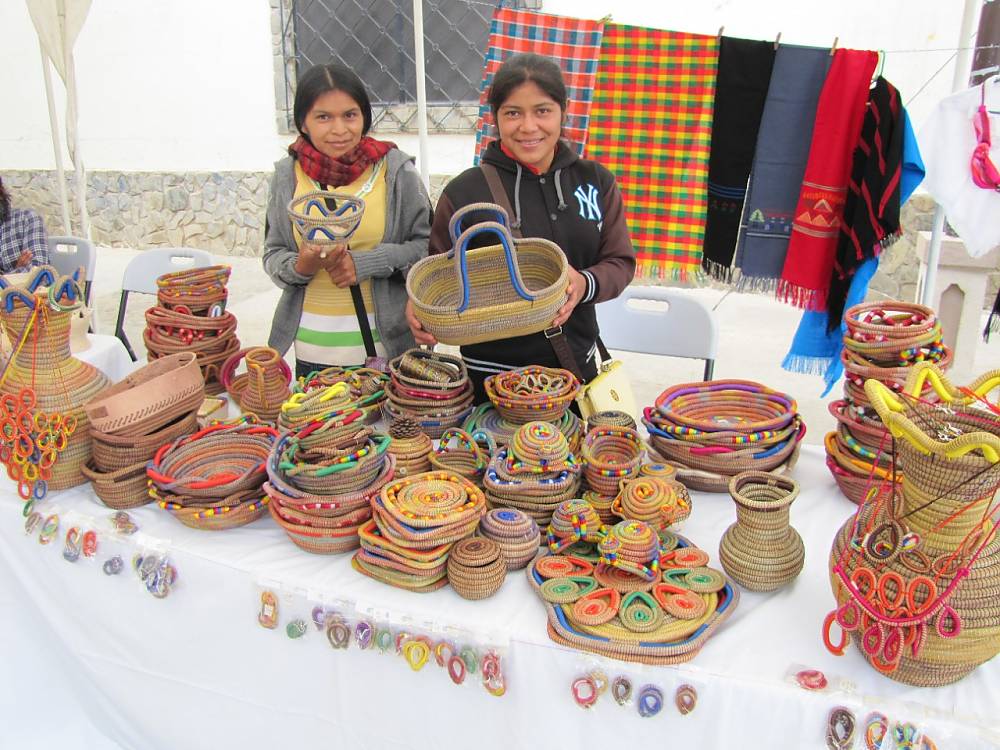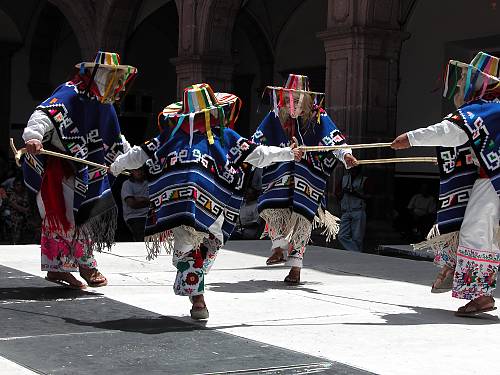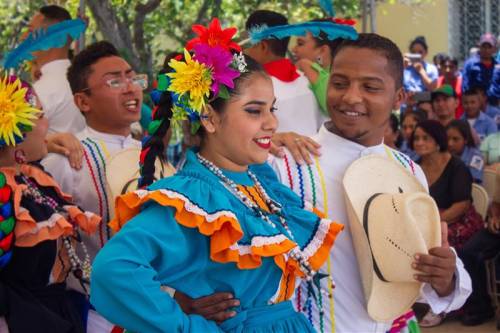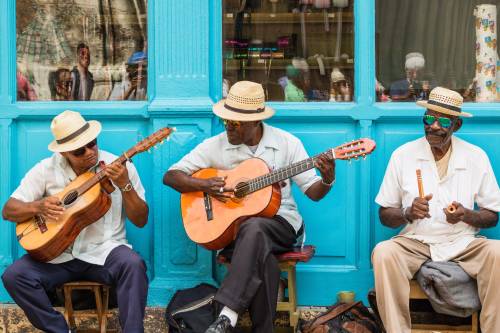In recent years, the 2003 Convention has been working to raise awareness on the dual role of ICH in emergencies, as set out in the Operational principles and modalities for safeguarding ICH in emergencies (Resolution 8.GA 9). In line with this ongoing effort, and with the generous support of Switzerland to the ICH Fund, the Philippines and Honduras recently launched a pilot project titled ‘Strengthening capacities for safeguarding intangible cultural heritage in disaster contexts’.
As part of the pilot project, the Philippines held the first online workshops on 19 and 26 May 2021, while Honduras began a three-week online training from 17 June 2021, which will be closing soon. Following the workshops, participants will conduct on-the-ground exercises and report back on results and lessons learnt to strengthen knowledge-sharing and awareness on the role of ICH in disasters.
Newly developed training materials on ICH and emergencies are being delivered in the online workshops.
Both countries were selected based on their strong engagement with living heritage, their identified country needs and their vulnerability to natural disasters. The Philippines, located along the typhoon belt, faces various natural hazards, including earthquakes, flooding, landslides and volcanic eruptions, while Honduras is susceptible to earthquakes, damaging hurricanes and floods, particularly along the Caribbean coast. Such disasters often cause large-scale damage, which can put communities - and their living heritage - at risk.
This project brings together several key actors from local communities under the help of UNESCO-trained facilitators: bearers of ICH, disaster specialists, representatives from governments and NGOs. This collaborative approach seeks also to enhance dialogue between actors in the field of heritage safeguarding and disaster risk reduction.
Read more on living heritage in emergencies and discover how UNESCO can help.Proyecto:
-
Reforzar las capacidades para la salvaguardia del patrimonio cultural inmaterial en contextos de desastre (17 de diciembre de 2019 – 30 de diciembre de 2024)




